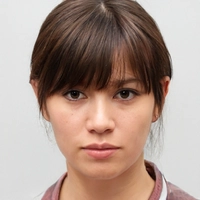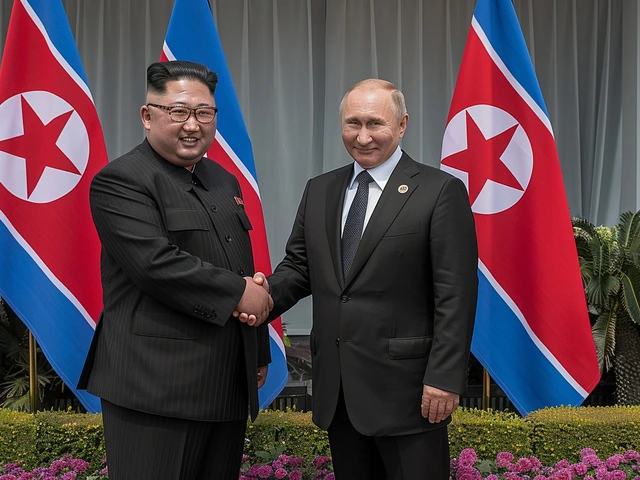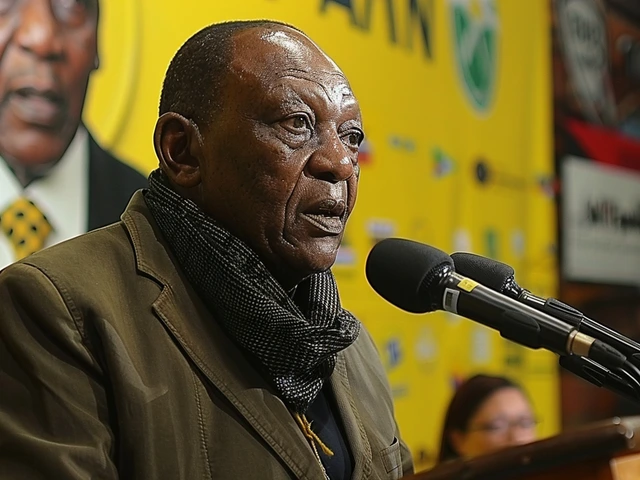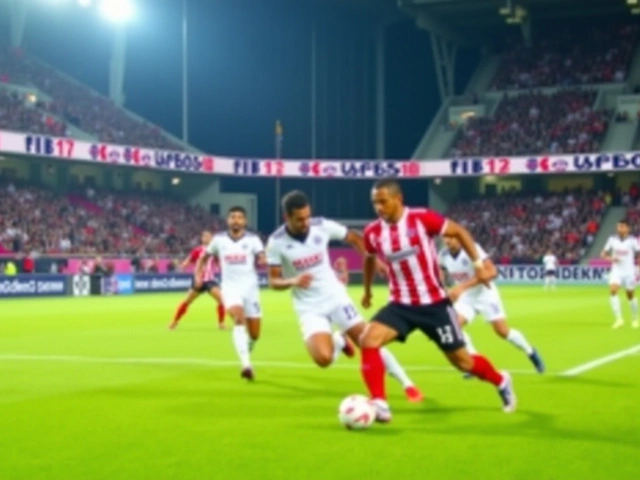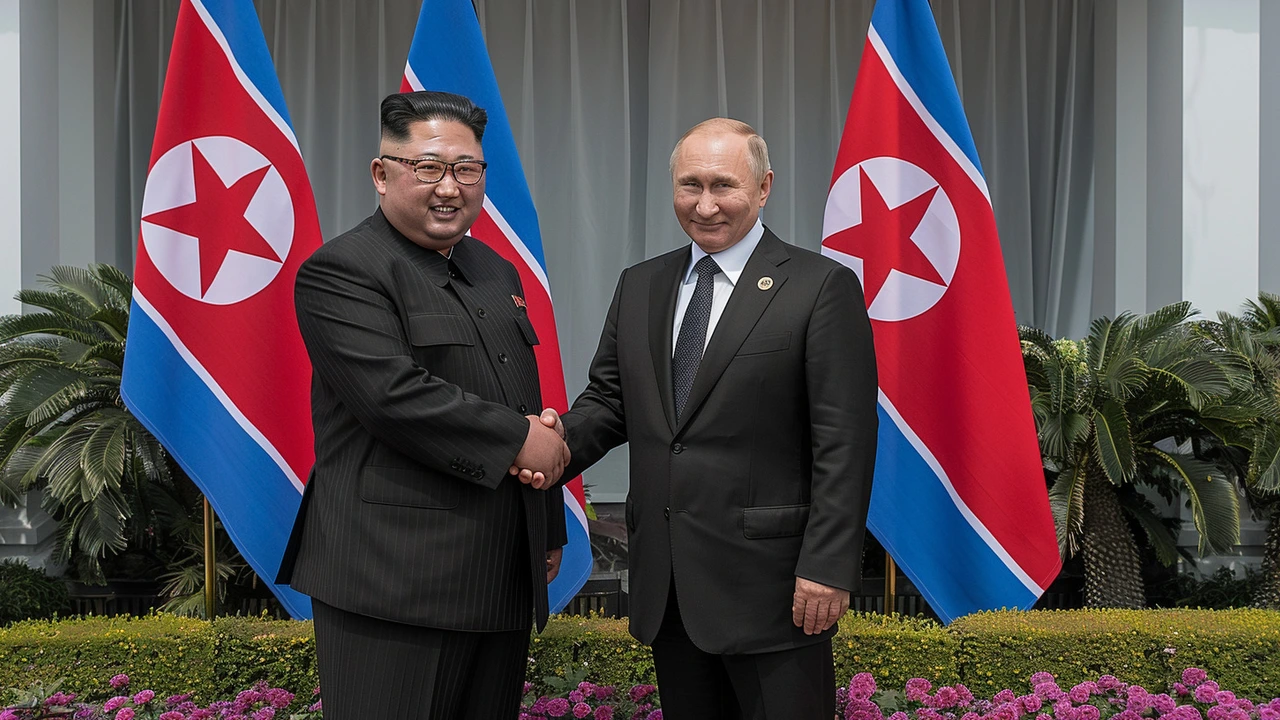
Vladimir Putin's Historic Visit to North Korea: A New Era in Military Cooperation
Putin's Historic Return to Pyongyang
In a significant diplomatic move, Russian President Vladimir Putin is scheduled to visit North Korea for the first time in 24 years. The visit, which will take place over two days from June 18-19, comes at the invitation of the Chairman of State Affairs of the Democratic People's Republic of Korea (DPRK), Kim Jong Un. Putin's visit is seen as an effort to expand military cooperation between the two countries amidst rising tensions with Washington. Both the Kremlin and North Korea's Korean Central News Agency have confirmed the details of the visit.
A Renewed Military Alliance
The core discussions during Putin's visit are expected to focus on military cooperation. This includes an arms arrangement where Pyongyang would provide Moscow with much-needed munitions for the ongoing war in Ukraine. In return, Russia is expected to offer economic assistance and technology transfers that could significantly enhance North Korea's nuclear weapons and missile programs. The military alignment between these two nations has garnered significant international attention, given the potential implications for global security and equilibrium.
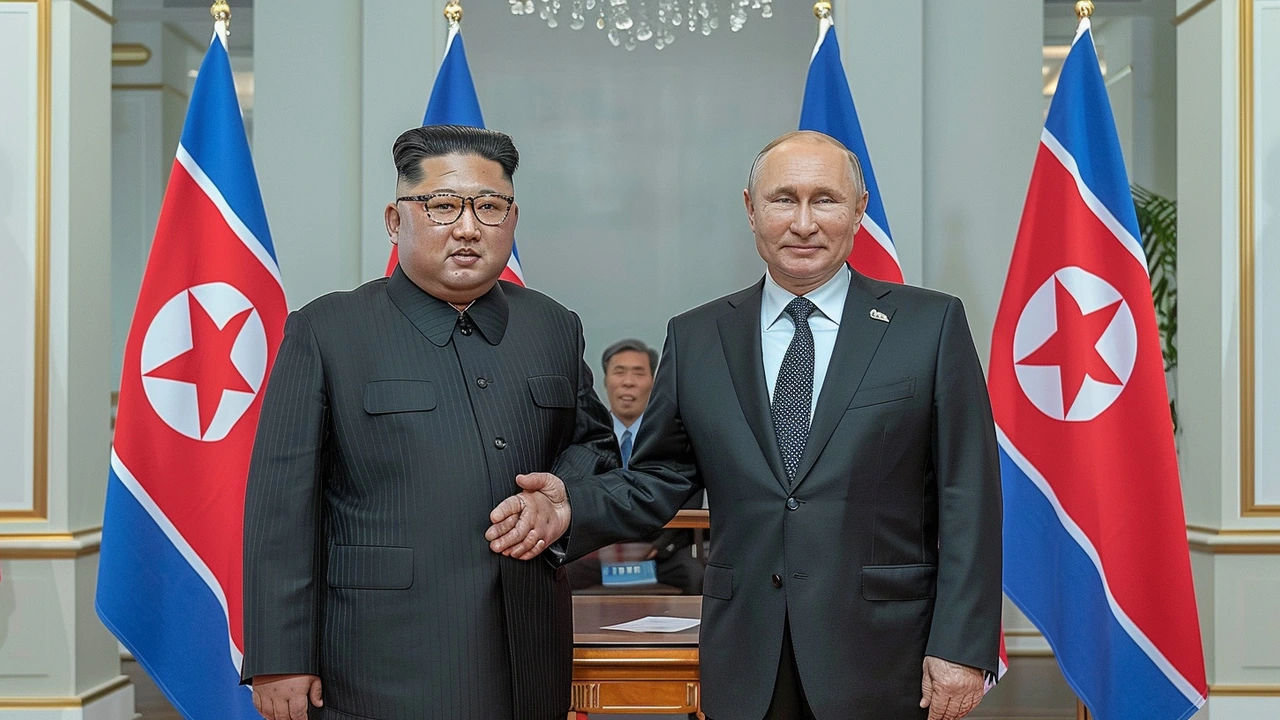
International Concerns and UN Violations
U.S. and South Korean officials have long accused North Korea of supplying Russia with artillery, missiles, and various other military equipment. Both countries, however, have denied these allegations. Notably, any military trade with North Korea would violate multiple UN Security Council resolutions, heightening the stakes of this burgeoning partnership. Recently, Russia has exercised its veto power within the UN to block additional sanctions on North Korea and to support the nation's controversial military actions. Moscow's stance continues to be a point of contention in international diplomatic circles.
Implications of Putin's Visit
Putin's visit to North Korea signals a significant departure from his recent travel patterns. Since the onset of the war in Ukraine, the Russian President has largely remained within Russia's borders, focusing on domestic and regional matters. However, this upcoming trip indicates a broader strategic realignment and a recommitment to old alliances. Following his two-day visit to North Korea, Putin is expected to travel to Vietnam on June 19-20, cementing Russia's efforts to reestablish its global influence.
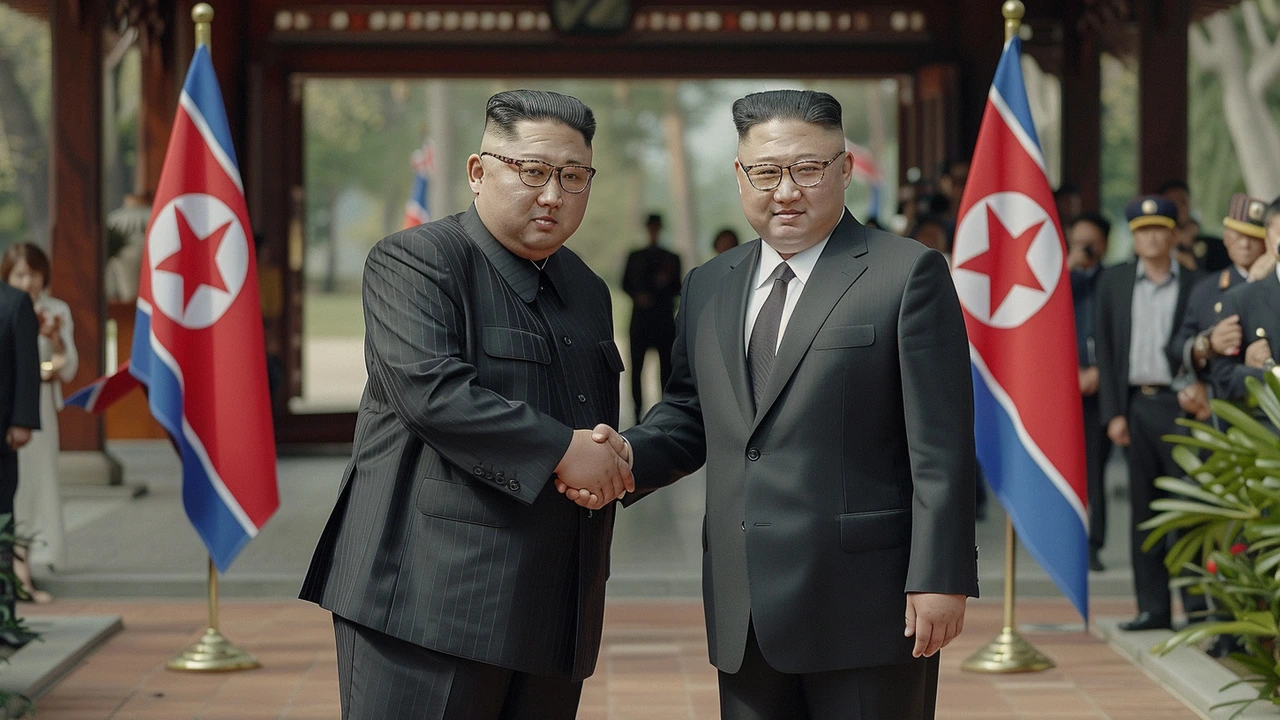
Economic and Technological Exchanges
The exchanges between North Korea and Russia extend beyond mere military cooperation. Pyongyang, under Kim Jong Un, has shown keen interest in acquiring higher-end weaponry from Moscow. In return, North Korea is offering much-needed artillery munitions and short-range ballistic missiles, which are of critical importance to Russia amid the ongoing conflict in Ukraine. This strategic barter not only strengthens North Korea’s military capabilities but also serves to alleviate some of Russia’s logistical challenges in its protracted war effort.
A Balance of Power
Experts contend that the increased cooperation between North Korea and Russia could upset the existing balance of power. Moscow's willingness to engage in such exchanges despite international sanctions showcases its determination to maintain and even augment its global clout, reminiscent of its Soviet-era alliances. Putin’s visit is more than a diplomatic gesture; it is a calculated move to fortify these historical ties and assert Russia’s relevance on the global stage.
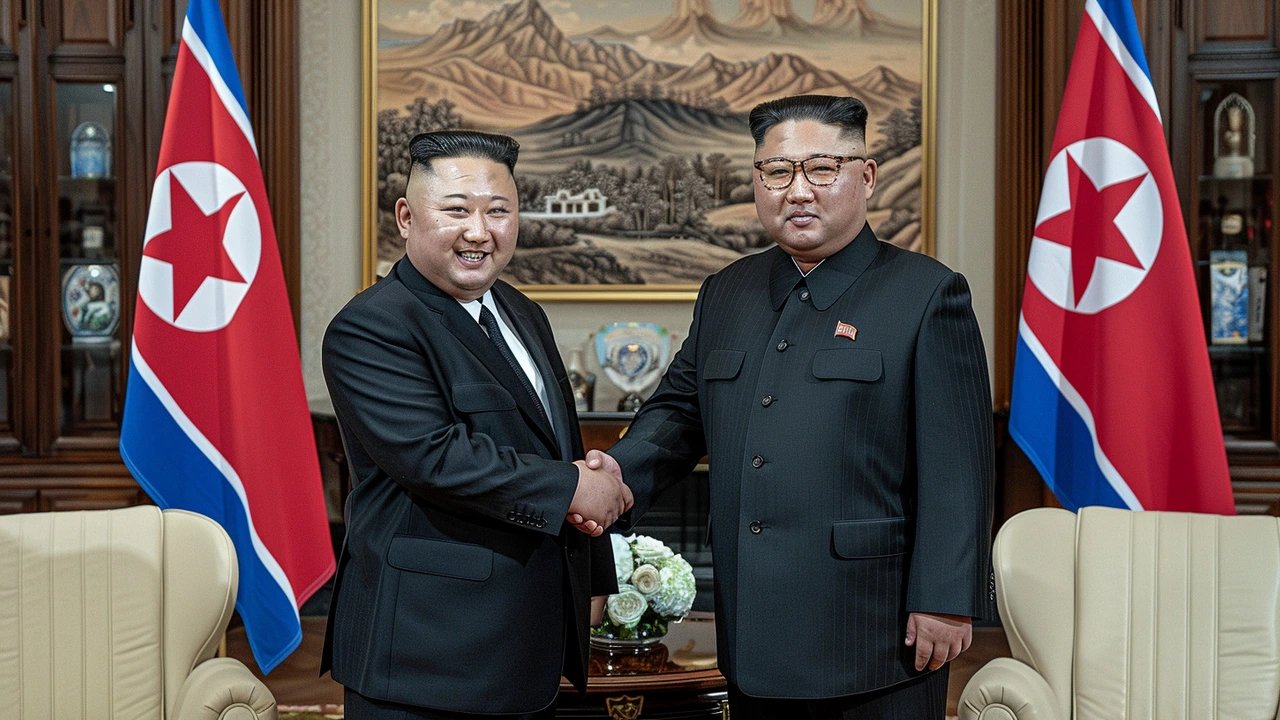
Conclusion
As the world watches closely, Putin's visit to North Korea marks a pivotal moment in international relations. With an agenda that includes potential arms deals and technological collaborations, the outcomes of this historic meeting could have far-reaching effects. It remains to be seen how this renewed alliance will shape the geopolitical landscape and what it portends for global security and diplomacy in the years to come.
